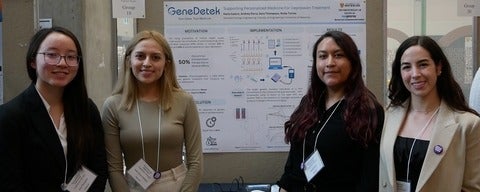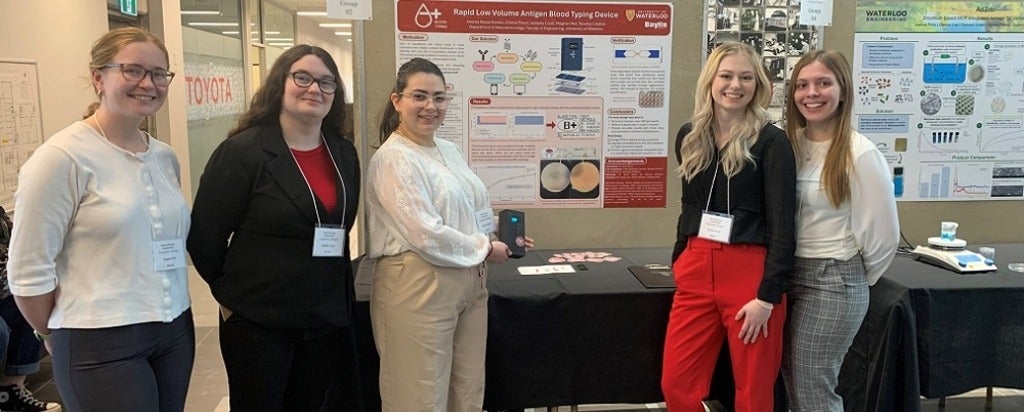New research shows a smarter way to build artificial muscles for soft robots
A research team led by Nanotechnology Engineering (NE) instructor Professor Hamed Shahsavan has developed a new process to reinforce smart, rubber-like materials—paving the way for their use as artificial muscles in robots, potentially replacing traditional rigid motors and pumps.
The research group incorporated liquid crystals (LCs)—commonly used in electronic displays and sensors—into liquid crystal elastomers (LCEs), which serve as promising materials for constructing soft robots.
The LCEs go through a huge shape-change when heated, in a programmable manner. When a small amount of LCs are mixed with LCEs, they become stiffer and up to nine times stronger than before.






